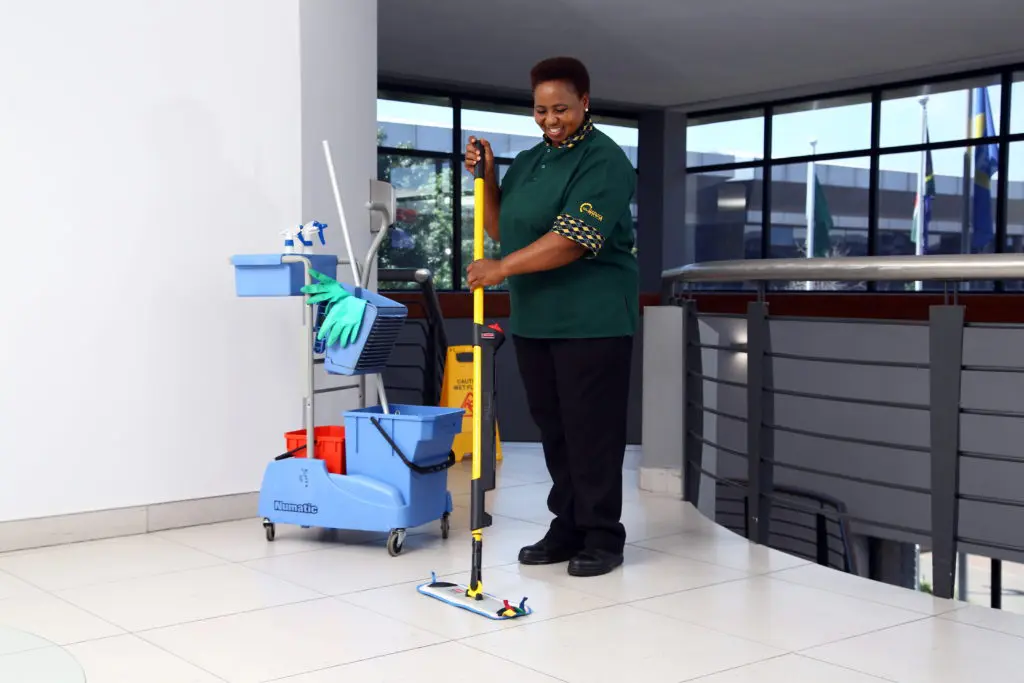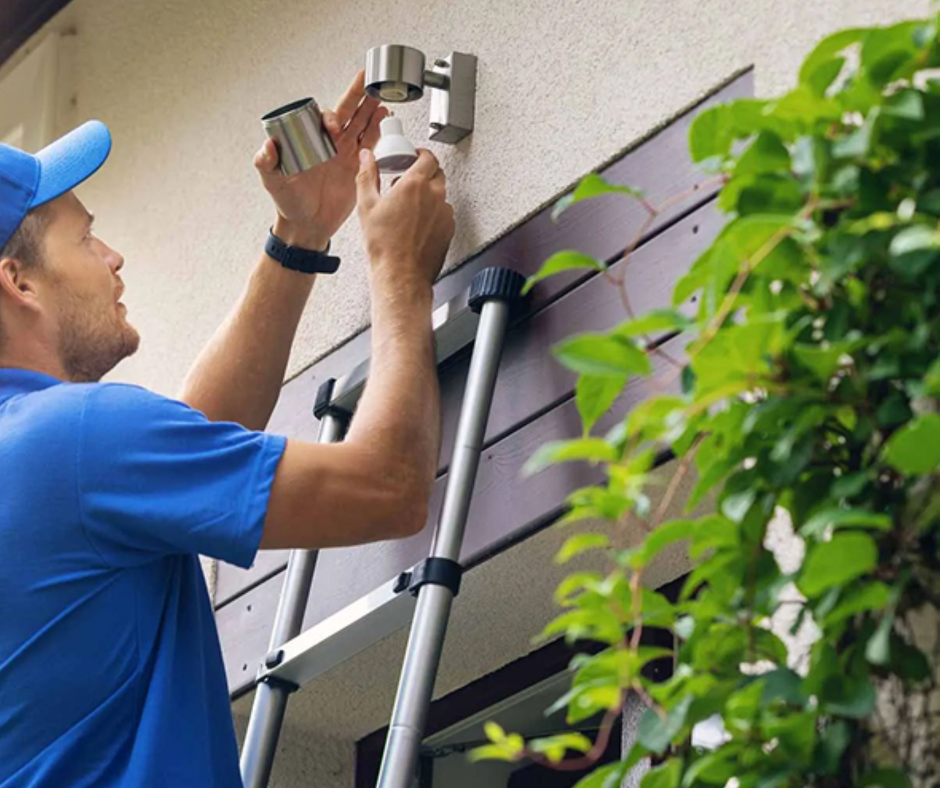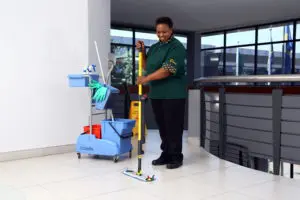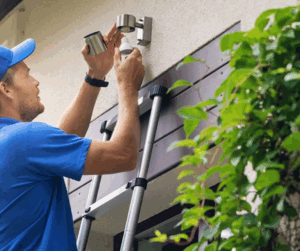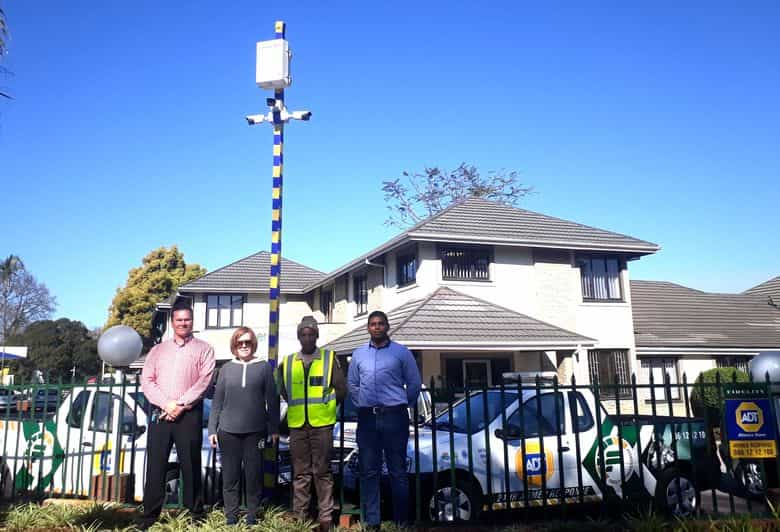Vehicle and related load theft continues to be a major issue in SA. SAPS second quarter Crime Stats clearly illustrate that although there was a definite decline during lockdown, crime trends started to reverse and have slowly returned to normal levels as lockdown eased. By July this year, insurers and tracking companies reported vehicle theft and hijacking numbers were back to their pre-lockdown levels.
Wahl Bartmann, CEO of Fidelity Services Group, which last year launched its own vehicle tracking company, Fidelity SecureDrive, says the 31.7% increase in truck hijackings is particularly concerning when you view the comparable period last year. “Even car hijackings remain at an unacceptably high level with just a 1,5% drop,” he says.
For this reason, stolen vehicle recovery is still a major component in any telemetry service and having a great recovery infrastructure of land and air support plus a well-developed crime intelligence network is simply not enough. The probability of recovery increases materially if the vehicle has a working telematics device that has not been found,” says Bartmann
Bartmann says it typically takes just minutes to locate and remove most devices resulting in poor stolen vehicle recovery rates. Furthermore, it takes less than an hour to strip most stolen vehicles for parts. Considering that this is the modus operandi for most stolen vehicles, rather than illicit export into neighbouring countries, time is of the essence.
“Robust covert installation processes limit this risk. Here the size of the unit is critical. The smaller the unit the easier it is to hide,” he says.
Fidelity SecureDrive boasts one of the smallest telematics and stolen vehicle recovery units in the market, enabled with the latest in advanced communications and Artificial Intelligence (AI) capabilities.
Bartmann does, however, caution that being small is still not the ultimate silver bullet. “Being compact with great hardware that allows for secure channel fitments while maintaining great communications is key,” he says.
Historically, the early-warning signs such as power-cut, towing or ignition tamper alerts could only be collected and used in managing theft risk where a wired device was used. Generally, self-powered wireless devices could only be activated once the vehicle was reported stolen resulting in lower chances of recovery. “Today units need to be self-powered but provide the early-warning alerts of traditionally wired devices. The art lies in creating a small unit with big capabilities,” says Bartmann.
He says SecureDrive has for example just released a ground-breaking new IOT product range with a specific focus on stolen vehicle recovery. “This unit is completely self-powered/wireless which allows a greater range of fitment options and this, together with the fact that no wires can be traced to the unit, reduces the likelihood of discovery. Testimony to this is a 100% recovery rate for September and October on all cars stolen,” he says.
This innovative and locally-produced device has also proven impossible to jam in the tests run to date.
“We know that nothing less than three-metre pinpoint accuracy is required for effective stolen vehicle recovery, as is the use of technology that is not reliant on radio frequency recovery. Syndicates have become so sophisticated that the use of AI in the software design is also recommended so the units are literally able to wake up and go to sleep when they detect interference with their normal operation or communication.
Today’s devices need to not only pack a telematics punch but many now have even have a built-in accelerometer providing driver behaviour data as well as impact detection and tamper alerts,” concludes Bartmann.


